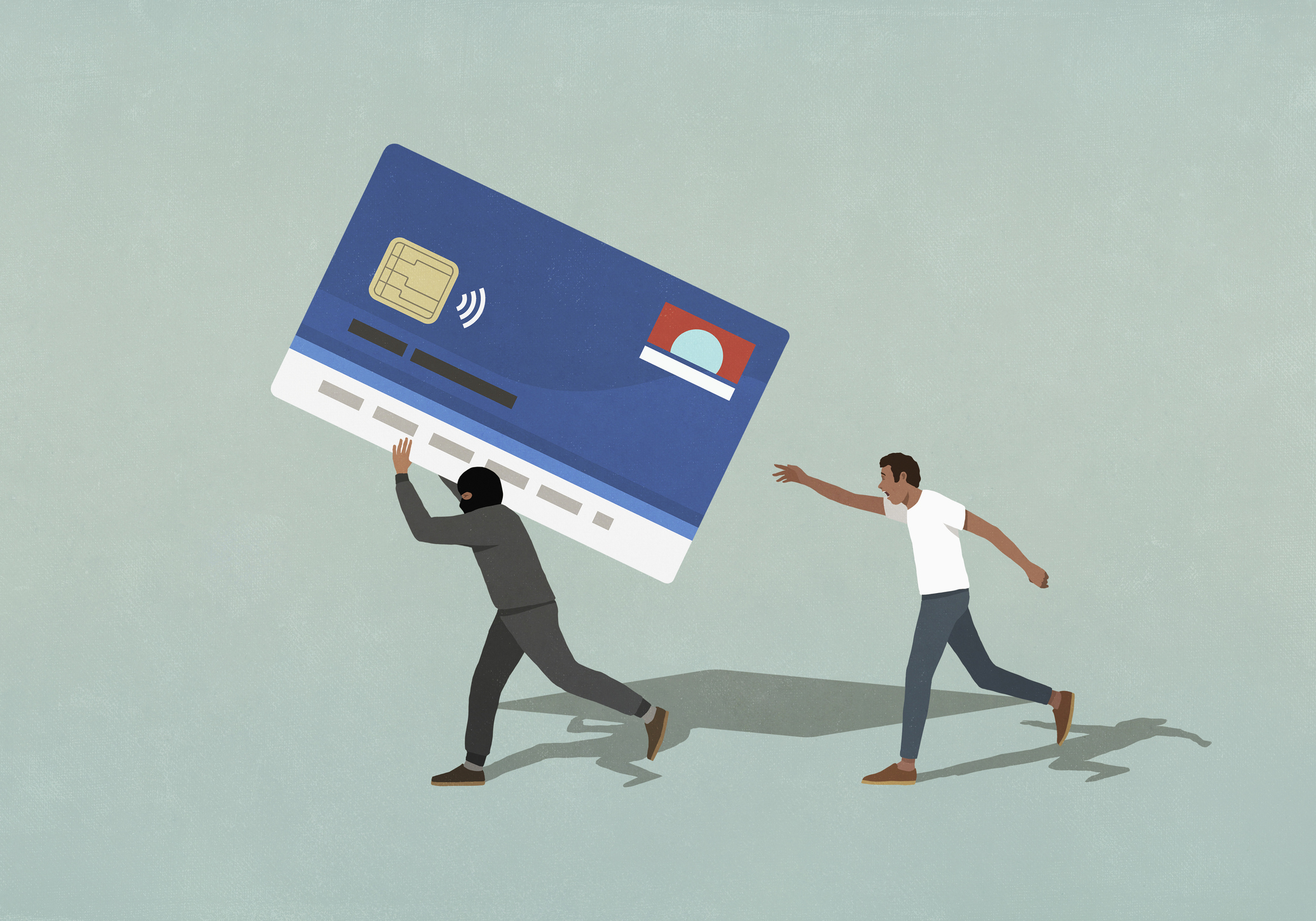A high-level Iowa hospital systems administrator, Matthew Kierans, has admitted to stealing a coworker's identity and posing as William Donald Woods for more than 30 years, The Register reported.
On top of using Woods' identity to commit crimes and rack up debt, Kierans' elaborate identity theft scheme led to Woods' incarceration after Kierans' accused his victim of identity theft and Los Angeles authorities failed to detect which man was the true William Donald Woods. Kierans could face up to 32 years in prison, The Register reported, and must pay a $1.25 million fine.
According to a proposed plea agreement with the US Attorney's Office for the Northern District of Iowa, Kierans met Woods "in about 1988" when they worked together at a hot dog stand in New Mexico. "For the next three decades," Kierans used Woods' "identity in every aspect of his life," including when obtaining "employment, insurance, a social security number, driver's licenses, titles, loans, and credit," as well as when paying taxes. Kierans even got married and had a child using Woods' name.
Kierans apparently hatched the scheme in 1990 when he was working as a newspaper carrier for the Denver Post. That's when he first obtained an identification document in Woods' name. The next year, Kierans bought a vehicle for $600 using two checks in Woods' name, the plea agreement said. After both checks bounced, Kierans "absconded with the stolen vehicle to Idaho, where the car broke down and he abandoned it." As a result, an arrest warrant was issued in Woods' name, while Kierans moved to Oregon and the whereabouts of the real Woods was seemingly unknown.
Eventually in summer 2012, Kierans relocated to Wisconsin, researching Woods' family history on Ancestry.com and then fraudulently obtaining Woods' certified birth certificate from the State of Kentucky, seemingly to aid his job hunt. Sometime in 2013, Kierans was hired by a hospital in Iowa City to work remotely from Wisconsin as a "high level administrator in the hospital's information technology department," using Woods' birth certificate and a fictitious I-9 form to pass the hospital background check.


 Loading comments...
Loading comments...
